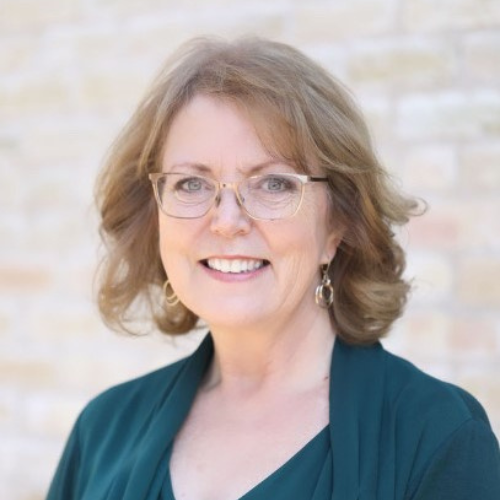As Director of Field Education for University of Houston-Downtown’s (UHD) Bachelor of Social Work (BSW) program, Leslie Sirrianni plays a pivotal role in shaping student experiences beyond the classroom.
A cornerstone of the BSW program is the 400-hour field internship, an intensive, typically two-semester experience required of all students before graduation. Sirrianni is responsible for matching students with these internship opportunities. To do so, she balances each student’s interests with practical factors like location and scheduling.
Sirrianni’s own experience in the field has helped shape her ability to effectively pair students with agencies and nonprofits around the area. This includes providing in-home therapy to older adults with depression and delivering brief interventions to people engaged in substance abuse and other negative health behaviors while working with the University of Texas.
“I definitely identify as a clinical social worker,” Sirrianni said, reflecting on the variety of roles she’s held. “But I’ve also had the chance to work in research, policy-related projects, and teaching—so it’s a full circle being here at UHD and helping students build their own social work identities...It was my dream job to come work for this program.”
While many students begin the BSW program keen on specializing in direct practice, hoping to work with children or families, their interests often shift as they are exposed to the broader field through their professors and their internships. Sirrianni notes many people are surprised by how wide the field of social work is: in virtually any place where there are people in need of support or advocacy, there are usually social workers.
That kind of surprise is encouraged. “I often ask students to consider placements that may be unfamiliar or a little outside their comfort zone. It’s a chance to grow. You can always return to your original interest in grad school, but your undergraduate field placement is the time to explore.” Many students have discovered an appetite for broader community-level work, such as community engagement, grant writing, and policy development.
Just as important as professional skills is the sense of community UHD fosters. “We ask a lot from our students,” Sirrianni acknowledged. “That’s why connection is everything. Peer support, faculty relationships, being present on campus—it all makes a difference. When students feel seen and supported, they thrive.”
Speaking of which, Sirrianni highlighted several UHD resources she encourages students to familiarize themselves with. The Counseling Center and the Student Success Center are both wonderful ways to find one-on-one help. Additionally, the Basic Needs website provides aid with food, finances, transportation, housing, and the L.E.G.A.C.I. Program aims to empower students through a robust array of academic and career support. Students are also encouraged to check in with the University’s Social Work program, through which they can find localized resources outside of UHD as well as access to an on-campus resource room.
The University is deeply invested in students’ success, and for Sirrianni, the students themselves are a source of inspiration. “They’re from the community and want to give back to the community. That’s what makes UHD special. Our students bring lived experience, heart, and a real commitment to change. It’s a joy to help them get there.”

